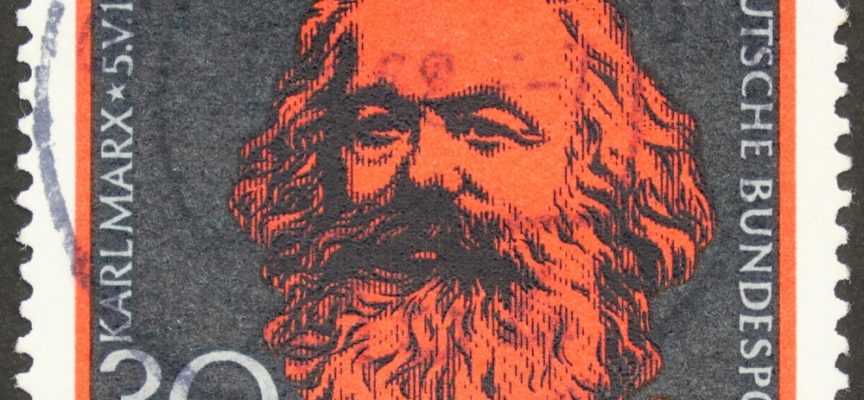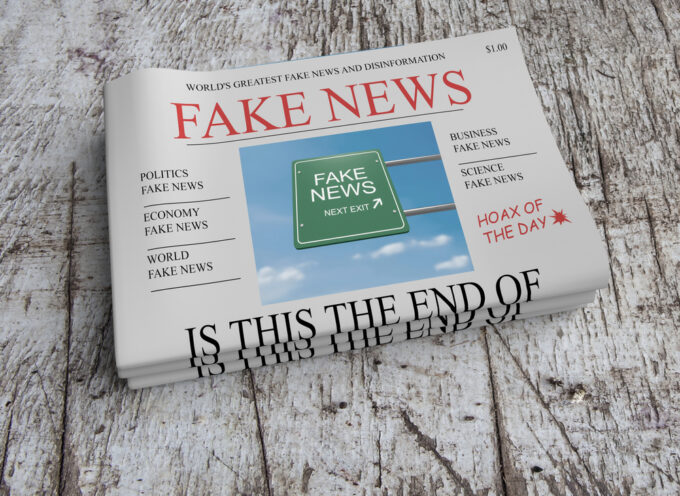Raymond Aron is by no means the only intellectual who has argued that Marxism offers itself as a replacement for Christianity, but he is one of most the fascinating persons to have done so. For that reason, this post will provide a concise summary of two chapters of his book, The Opium of the Intellectuals, as a sort of sampler for readers who might wish to “dig in” and read Aron for themselves. Taken together, the two chapters argue that Marxism is more of a secular religion than it is a scientific theory and that its central claims fail the tests of history and logic.
Intellectuals in Search of a Religion
In his ninth chapter, “Intellectuals in Search of a Religion,” Aron begins by exploring the way in which Soviet Communism embraced Marxism as a surrogate civil religion and the Communist Party as a surrogate church:
[Marxism] provides true Communists with a global interpretation of the universe; it instills sentiments akin to those of the crusaders of all ages; it fixes the hierarchy of values and establishes the norms of good conduct. It fulfills, in the individual and in the collective soul, some of the functions which the sociologist normally ascribes to religions. (265)
With Marxism as its surrogate religion, the Communist Party offered itself as the “church” in which the people could be discipled while ushering in the final cure for mankind’s misery (266). It promised salvation through violence and revolution (267) and demanded total submission to the Party (268).
Unlike other political ideologies, Aron argues, Communism’s promises were so absurd and its demands so comprehensive that it functioned like a fanatical sect:
One could call it fanaticism, if that is the right word to designate decrees by which a single party is transfigured into the guide of the world proletariat, a single system of interpretation superimposed on the unintelligible complexity of the facts, a single road to socialism proclaimed obligatory for all. Fanatical, surely, is the Communist who divides mankind into two camps according to their attitude towards the sacred cause…. (270)
Indeed, the sacred cause is all that really mattered. Any amount of violence could be justified, any amount of lies overlooked so long as they are a means of achieving the socialist future (285).
Next, Aron notes the way many Western intellectuals have a soft spot in their heart for Marxism despite its track record of totalitarian rule, mass violence, suppression of liberty, and induction of poverty. Marx called religion the “opium of the people,” meaning that religion provided the uneducated masses with pleasant illusions that helped them carry on in the midst of their wretched lives) but Aron calls Marxism itself the “opium of the intellectuals,” meaning that Marxism itself is the illusion and that it is nonetheless embraced by Western intellectuals (291).
The Illusion of Necessity
In his fourth chapter, “The Illusion of Necessity,” Aron explores Communism’s deterministic view of history, which posited that there are no accidents in history, that history’s meaning is linked to prior events, and that our present moment is the meaningful culmination of all previous ones. In other words, events are only meaningful because of their necessity. Accordingly, the Communist revolution happened of necessity, which allowed Party leaders to justify any amount of violence, any number of lies.
Based upon their historical determinism, Communists and other Marxists claim the ability to foresee the future. They base their prophetic abilities on the claim that history’s meaning is discerned by interpreting past events and that history’s future will certainly be a socialist utopia characterized by material equality. In response, Aron argues that retrospective interpretation does not predict the future, because there are so many unforeseen contingencies (168-170). There are so many variables for which to account, and proving causality is notoriously difficult (172).
For example, Communists argued that Western governments have all increased the amount of state intervention in markets, and concluded that this phenomenon is proof that increased intervention is necessary to the maturation of capitalism, and that capitalism will inevitably collapse. In response, Aron argues that 20th century interventionism is predicated upon a range of conditions (174) and that, in fact, capitalism is by nature governed by chance, by the unstable nature of competition (177). He goes on to argue that history is not determined by economic forces. Although humans have limitations, and although our freedom is therefore not absolute, there is no good reason to draw deterministic conclusions about our economic and political future.
Aron concludes by summarizing some of the ironies and contradictions inherent to Marxism:
Revolutionaries tend to exaggerate both the margin of their freedom and the power of destiny. They imagine that prehistory will end with them, that the proletariat, transfigured by its struggle, will give human societies a new look. Uplifted by their faith beyond the humdrum lessons of wisdom, they expect perpetual peace to flower from unlimited violence. They proclaim the inevitability of their triumph, because the cause which embodies so much hope cannot possibly fail. As time passes, as they in their turn assume the burden of power, as the immemorial essence of human collectivities reasserts itself through all the upheavals, confidence is corroded by disillusionment. As belief in the classless society begins to wane, they must profess to believe more and more in the necessity which mocks mankind and its futile struggles. Once the mainstay of optimism, belief in destiny becomes the alibi of resignation.” (190).
The Opioid Crisis
Like Eliade, Aron argues that Communists want to ascribe a man-made meaning to history so they can draw upon it in support of their cause. If they can show that history must culminate with their vision of humanity’s triumph over the forces of nature and inequality, they can justify any act of force or violent revolution on the road to ushering in that future. This is an eschatological vision without any reference to God. It is the ultimate declaration of human autonomy, of the ability to remake ourselves into whatever image we like, no matter the cost. Such is the allure of Marxism.
But the evidence doesn’t support the conclusion. By claiming that history must arrive in the end at a Communist paradise, the Marxist’s hand is tipped, and it is far from a royal flush! Marxism, while styling itself as a scientific theory of politics and economics, is little more than a religious cult. Like a sect, it denies all the evidence that counters its sacred truths. Like a cult, it is delusional and must rely upon on power rather than persuasion to perpetuate its existence. That it has captured the imaginations of Western intellectuals should alert us to the fact that the West has more than one type of opioid crisis.
Subscribe
Never miss a post! Have all new posts delivered straight to your inbox.








Beautiful summary of communism as intellectuals’ religion.
Thank you, Richard!
That last line is brilliant.
Thanks for a helpful piece summarizing a book I probably wasn’t going to get to…
Thank you, Mark!
But the intellectuals in the West have no guts to stand up against the nonsense “cultural Marxism” for the past thirty years and now America is on the road to Venezuela with voter fraud and media censorship!